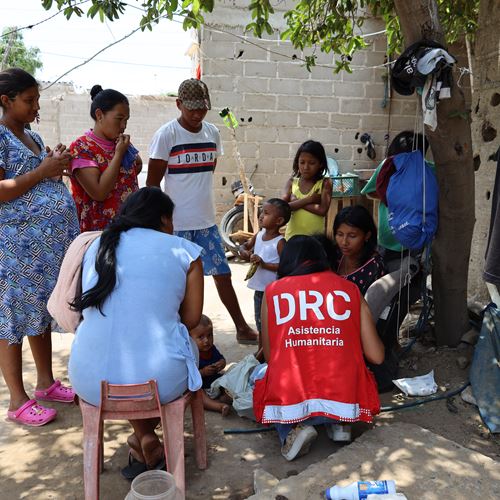Background and context
Social media is one of the main sources of information for refugees and migrants, before and during their journey. Also, a huge quantity of data is shared on social networks by people on the move. Studies show that, in some cases, it could be more effective to obtain trends on mixed movement dynamics through social media monitoring, than through the analysis of traditional sources, such as government or international organization’s statistics. Social media could also be used by researchers to monitor anti-immigrants' sentiments and observe dynamics and tendencies of mixed movements across the region.
In Latin America and the Caribbean (LAC), humanitarian actors are facing difficulties to reach their population of interest and access up-to-date data on mixed movements dynamics. Research based on data (posts, comments) shared by migrants and refugees, their relatives, or by service providers (formal or informal) on social media could provide an understanding of the mixed movements dynamics in the region, the information needs and resources that people of concern have and that the official/humanitarian community is not addressing, or at least not through the right channels.
